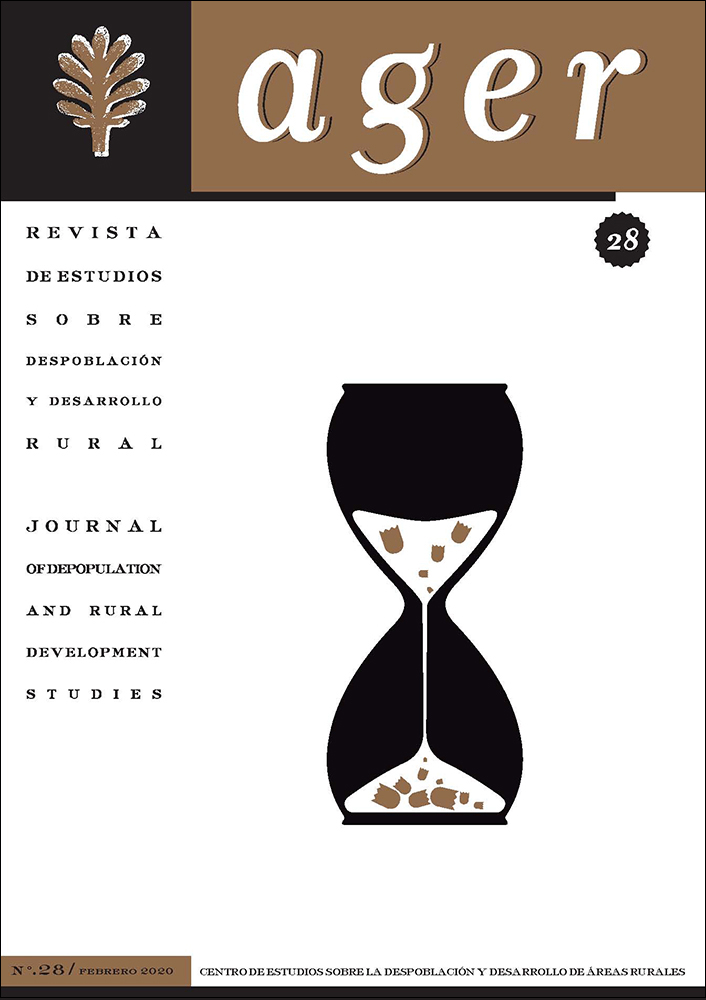A Proposed Framework for Rural Resilience – How can peripheral village communities in Europe shape change?
Resumen
Rural communities and villages across Europe currently face great challenges imposed by the social, economic and ecological transformations of the Anthropocene. Despite this, some of them successfully adapt to processes of change and develop positively, even though they are situated in regions where demographic change or the structural transformations in the agricultural sector promise an uncertain future for rural population. In search of plausible explanatory approaches, practitioners and academics fall back on the fuzzy concept of resilience. Can the concept of rural resilience explain this surprising adaptive capacity? What attributes does a resilient rural community or village possess? This article presents a conceptualisation of rural and village resilience inspired by three long-standing disciplines in this area of research: psychology, social ecology and community development. The conceptual framework developed will then be tested by means of a mixed-methods approach, combining questionnaires, interviews and participative observation in three potentially resilient villages in the following European peripheral rural areas: Oberndorf (Oste) in the Federal Republic of Germany, Wooler in the United Kingdom and Albarracín in Spain.Descargas
Publicado
2020-02-10
Cómo citar
Adam-Hernández, A., & Harteisen, U. (2020). A Proposed Framework for Rural Resilience – How can peripheral village communities in Europe shape change?. AGER. Revista De Estudios Sobre Despoblación Y Desarrollo Rural, 28, 7–42. Recuperado a partir de https://recyt.fecyt.es/index.php/AGER/article/view/77974
Número
Sección
Artículos
Licencia
Aquellos autores/as que tengan publicaciones con esta revista, aceptan los términos siguientes:
- Los autores/as conservarán sus derechos de autor y garantizarán a la revista el derecho de primera publicación de su obra, el cuál estará simultáneamente sujeto a la Licencia de reconocimiento de Creative Commons que permite a terceros compartir la obra siempre que se indique su autor y su primera publicación esta revista.
- Los autores/as podrán adoptar otros acuerdos de licencia no exclusiva de distribución de la versión de la obra publicada (p. ej.: depositarla en un archivo telemático institucional o publicarla en un volumen monográfico) siempre que se indique la publicación inicial en esta revista.
- Se permite y recomienda a los autores/as difundir su obra a través de Internet (p. ej.: en archivos telemáticos institucionales o en su página web), lo cual puede producir intercambios interesantes y aumentar las citas de la obra publicada. (Véase El efecto del acceso abierto).

